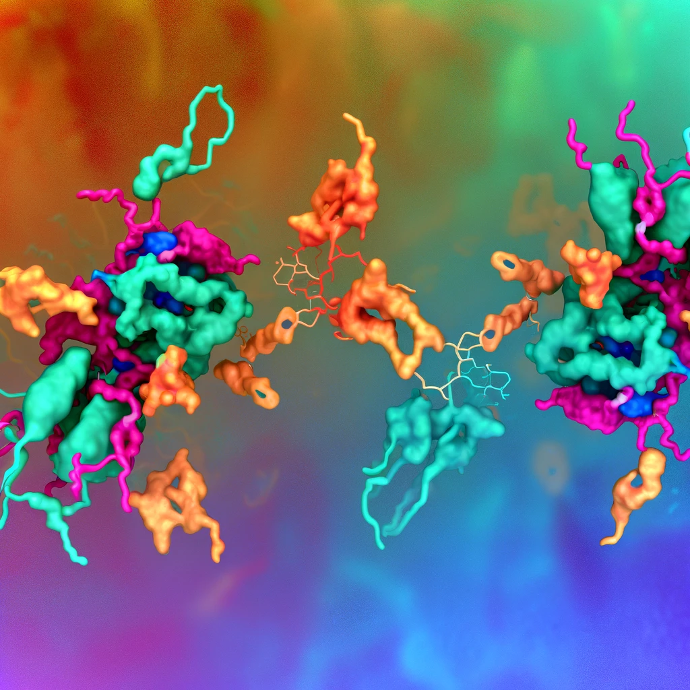SOD1 (Superoxyde Dimustase 1)
SOD1 antibodies are proteins produced by the immune system that specifically target and bind to superoxide dismutase 1 (SOD1), an enzyme involved in neutralizing harmful free radicals in the body. These antibodies are often used in research and diagnostics to detect levels of SOD1 or investigate its role in various diseases, particularly those associated with oxidative stress such as neurodegenerative disorders like amyotrophic lateral sclerosis (ALS).

List of Applications
Research in Neurodegenerative Diseases
SOD1 antibodies are extensively used in studying neurodegenerative disorders like amyotrophic lateral sclerosis (ALS), where mutations in the SOD1 gene are implicated.
Biomarker Detection
SOD1 antibodies can be utilized to detect and quantify SOD1 levels in biological samples, serving as potential biomarkers for diseases associated with oxidative stress
Immunohistochemistry (IHC)
These antibodies are valuable tools in IHC assays for visualizing SOD1 expression and localization within tissues, aiding in understanding its role in different physiological and pathological conditions.
List of
Features
Long-Term Stability
Properly stored SOD1 antibodies retain their stability over extended periods, allowing for long-term storage and multiple experimental uses.
Validated for Multiple Species
SOD1 antibodies are often validated for use in multiple species, including human, mouse, rat, and others, enhancing their utility in translational research.
Application Specific
Different antibodies may be optimized for specific applications (e.g., IHC, Western blotting), allowing researchers to choose the most suitable antibody for their experimental needs.